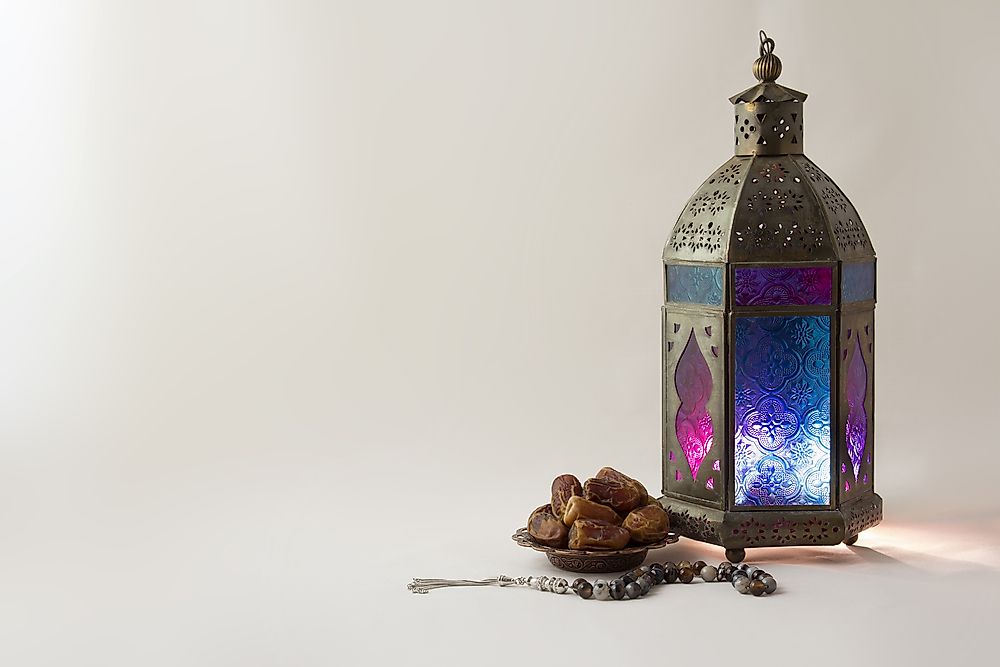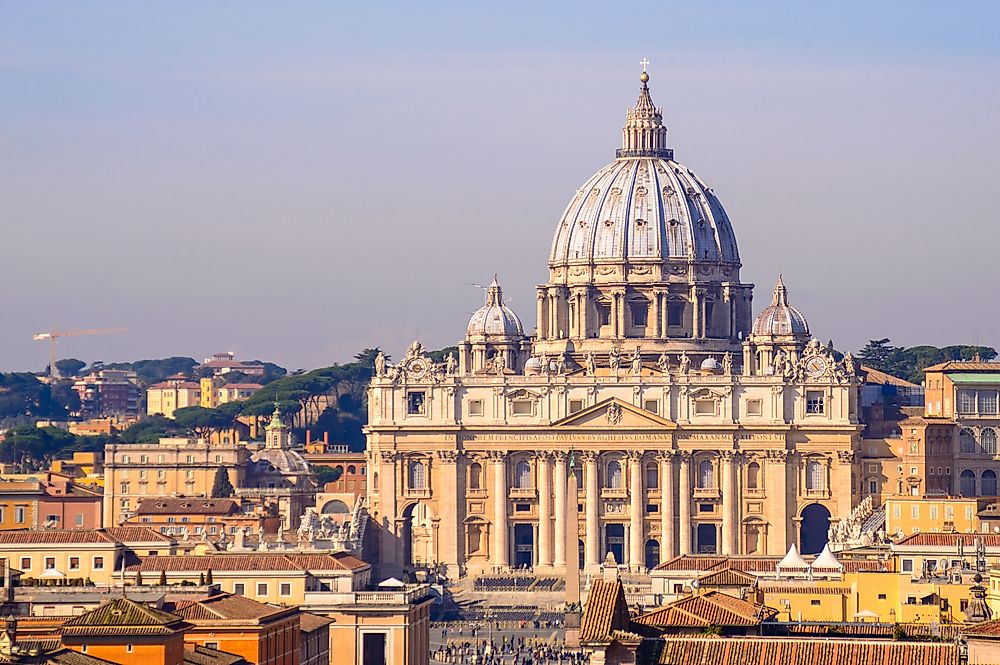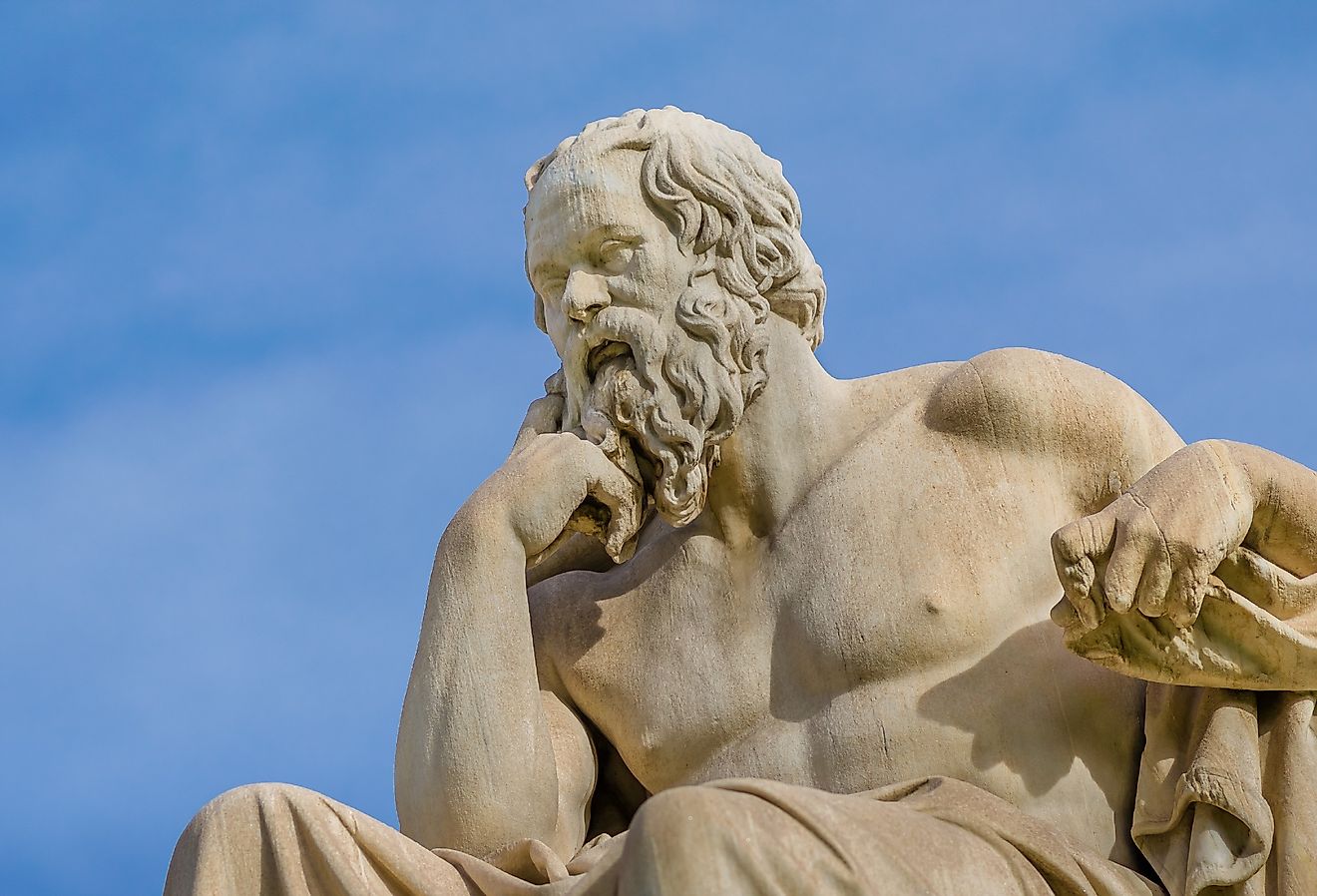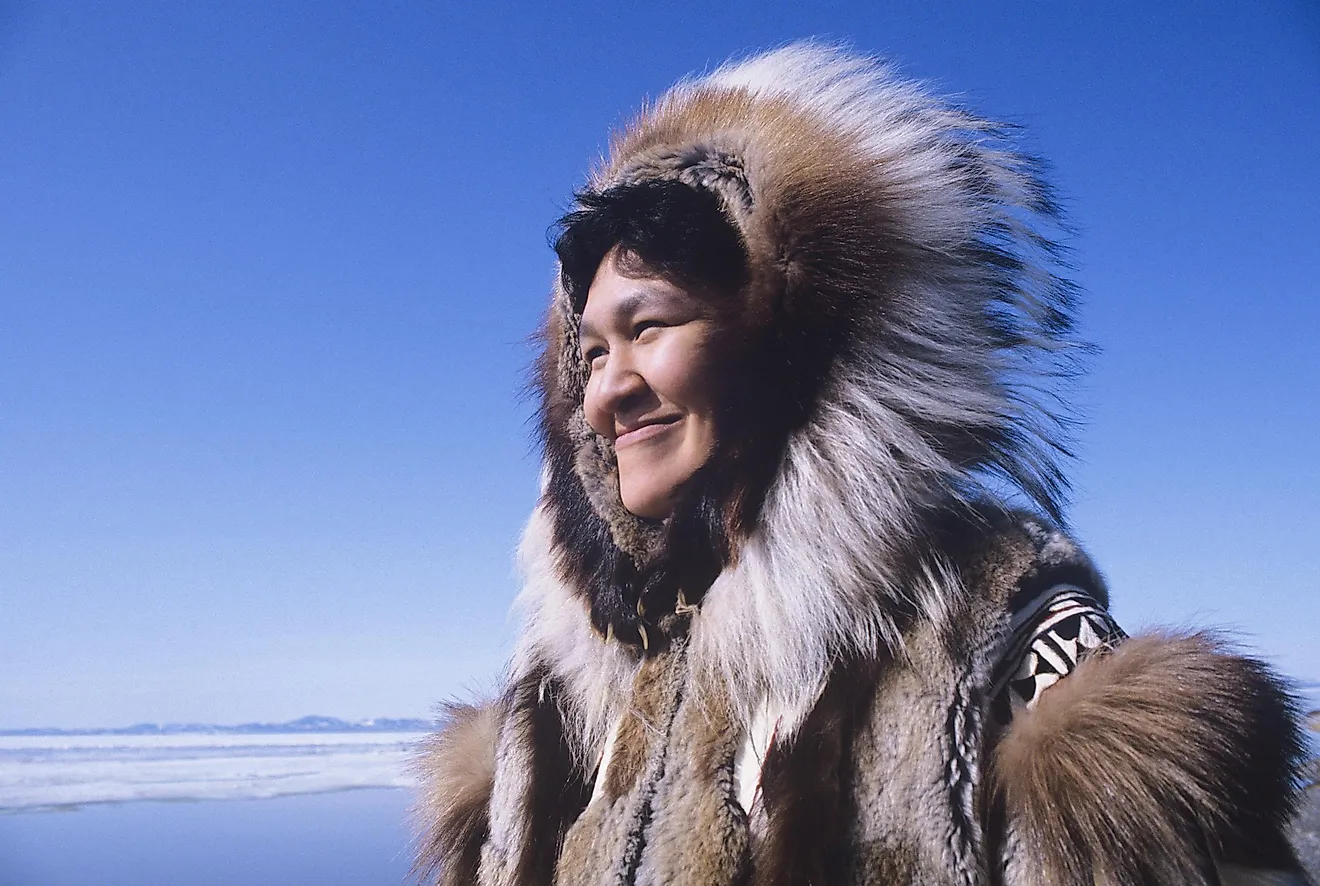When is Ramadan?

On the Islamic Calendar, Ramadan is the ninth month of the year, marked by fasting (Sawm) by the Muslims. The fasting during Ramadan is not optional for Muslims since it is one of the five fundamental principles of Islam. The reason for fasting is in commemoration of Muhammad's revelation of Koran by Jibreel (Angel Gabriel). According to the Hadith, the gates of Hell are closed for the entire month, and those of Heaven are open hence it has been referred to as the best of times. The Koran was first revealed to Muhammad on one of the odd-numbered days in the last ten days of Ramadan, by most accounts on the 27th day of the month. According to Hadith (the sayings plus teachings of prophet Muhammad, not the divine revelations which are contained in the Koran), all the scripture was revealed to Muhammad during the month of Ramadan.
Timing Of The Ramadan
The Islam calendar is a lunar calendar, that is based on the phases of the moon. It differs from the common calendar, the Gregorian calendar, which is a solar calendar based on the phases of the Sun. The difference makes the Islamic calendar year shorter than the Western year by 10 to 11 days. This is why in comparison to the Gregorian Calendar used by most of the western countries the Ramadan migrates annually. For many Muslims, the beginning of Ramadan is based on the actual sighting of the moon in their locality hence the onset and end of Ramadan may differ in different countries but only by a day. This is because it takes 24 hours for the moon to move to the western extremity of the earth after its initial sighting in easternmost regions. The Ramadan like every other Muslim month begins on the sighting of Hilal (the crescent) which is usually a day after the astronomical new moon. However, since the time of prophet Muhammad, there has been a difference of up to a day due to insistence on visual confirmation per region for reasons explained above. The Ramadan ends when another crescent moon is sighted or 30 days after the beginning of the fast if the weather does not allow for sighting. The end is marked by the holiday of Eid al-Fitr which is the beginning of next lunar month in the Muslim calendar, Shawwal. Eid al-Fitr feast celebrates having endured a month of fasting and the return to normalcy (fitra).
What Happens During Ramadan?
During Ramadan, a Muslim is expected to fast from dawn to sunset. Just before dawn fasting Muslims take a meal called the Suhur which marks the beginning of fasting for the day. At sunset, after prayer, fasting adherents break their fast with a meal called the Iftar. The Koran does not describe the specifics of the meal, so Muslims are at liberty to choose what to take as long as it is allowable (not Haram).











